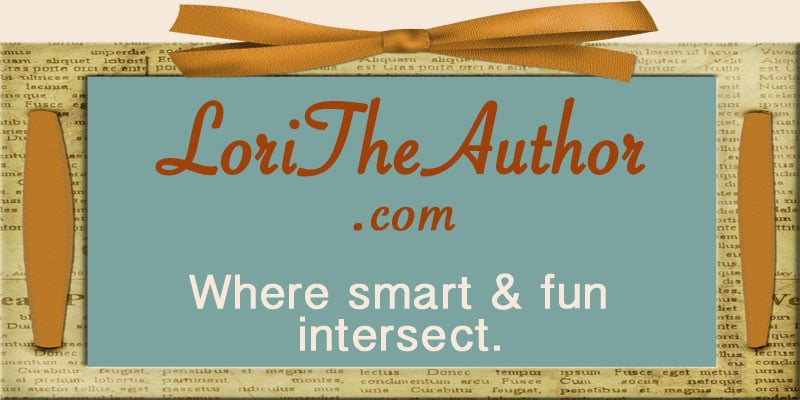 “If I read one more book riddled with errors, I’m going to go insane!”
“If I read one more book riddled with errors, I’m going to go insane!”
“I don’t understand how books are published in this condition.”
“I want to support indie authors, but I can’t stand the errors anymore.”
If any of the above are things you’ve thought or said, you are not alone. With the downturn/collapse of the book industry overall, indie publishing has boomed. Rather than sitting around waiting for one of the major houses to accept their book for publication and then being paid a pittance in royalties, many authors are publishing their books on their own. Some are even leaving their publishers in favor of self-publishing.
Which could be a good thing. I mean, surely there are excellent books out there that we as readers now have access to! I can attest, firsthand, that there are many excellent indie authors out there, putting out books that are indiscernible from traditionally published books. (An excellent example of this would be author Melissa Foster. Check out her New York Times Bestselling books here.)
It can also be a bad thing. Since it’s the authors themselves who decide that their book is “good enough to publish,” it becomes up to readers to figure out what actually is good or bad. It’s also up to the authors to invest in professional editing and proofreading, in order to assure that there are no errors.
Herein lies the problem: Not all indie authors are investing in professional proofreading/editing, resulting in many, many books being published with tons of spelling, grammatical, and punctuation errors. Sure, you may occasionally find an error in a traditionally published book. However, it will likely be something like an extra space before a comma, not an error such as the completely incorrect use/spelling of a word. The summary? Indie publishing has some growing up to do.
So what can you, as a reader, do to help improve this situation? (Both for your own reading pleasure and to help make this problem go away?)
- Be honest when posting your reviews, taking into account both the story and the editing.
- If you read a book that is riddled with errors, do not give it a high review! If it’s a great story but with terrible editing, instead give it a lower review, being honest in your text. (Example: This was an excellent story but the amount of errors were unacceptable.)
- Do not recommend terribly-edited books to others. Likewise, don’t promote books that you haven’t read.
- To prevent yourself from getting stuck reading a book full of errors, take a look at the one and two-star reviews before buying. Many readers are already doing the above. If there are reviews warning of grammatical problems, skip it… there are too many good books in the world to have to deal with that.
- If you’re an indie author, invest in professional editing and proofreading.
Hopefully, if enough readers show that they will not settle for less, more indie authors will take the necessary steps to ensure that their books meet the expectations of readers–and the industry as a whole.







Leave a Reply
You must be logged in to post a comment.